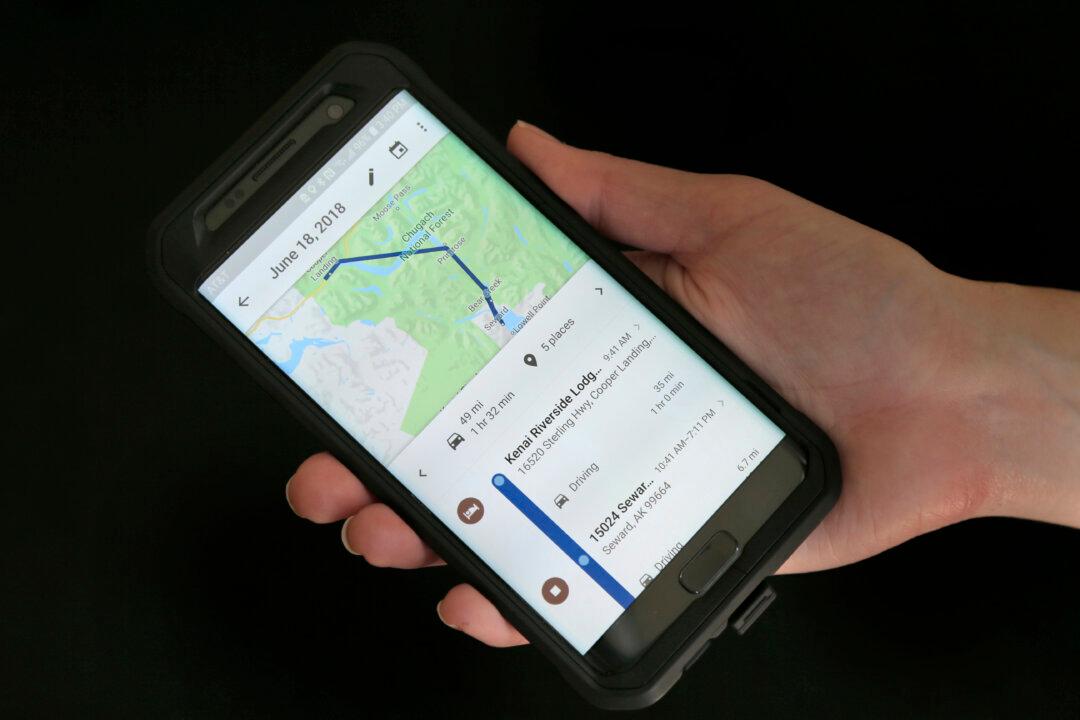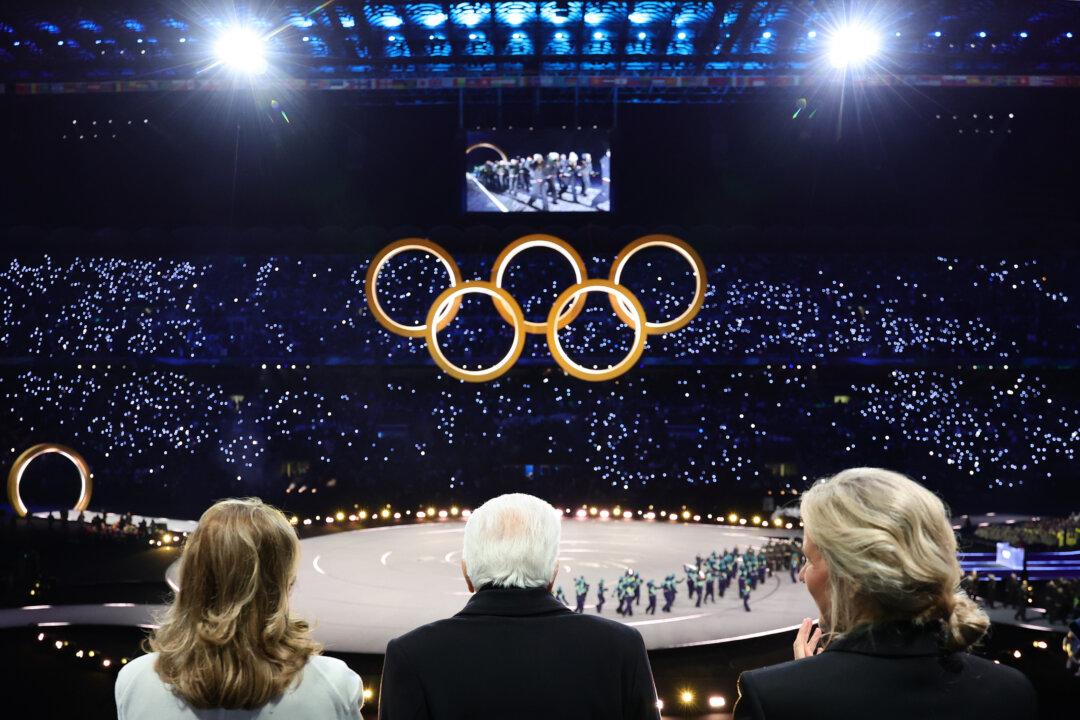SAN FRANCISCO—Google has revised an erroneous description on its website of how its “Location History” setting works, clarifying that it continues to track users even if they’ve disabled the setting.
The change came three days after an Associated Press investigation revealed that several Google apps and websites store user location even if users have turned off Location History. Google has not changed its location-tracking practice in that regard.





